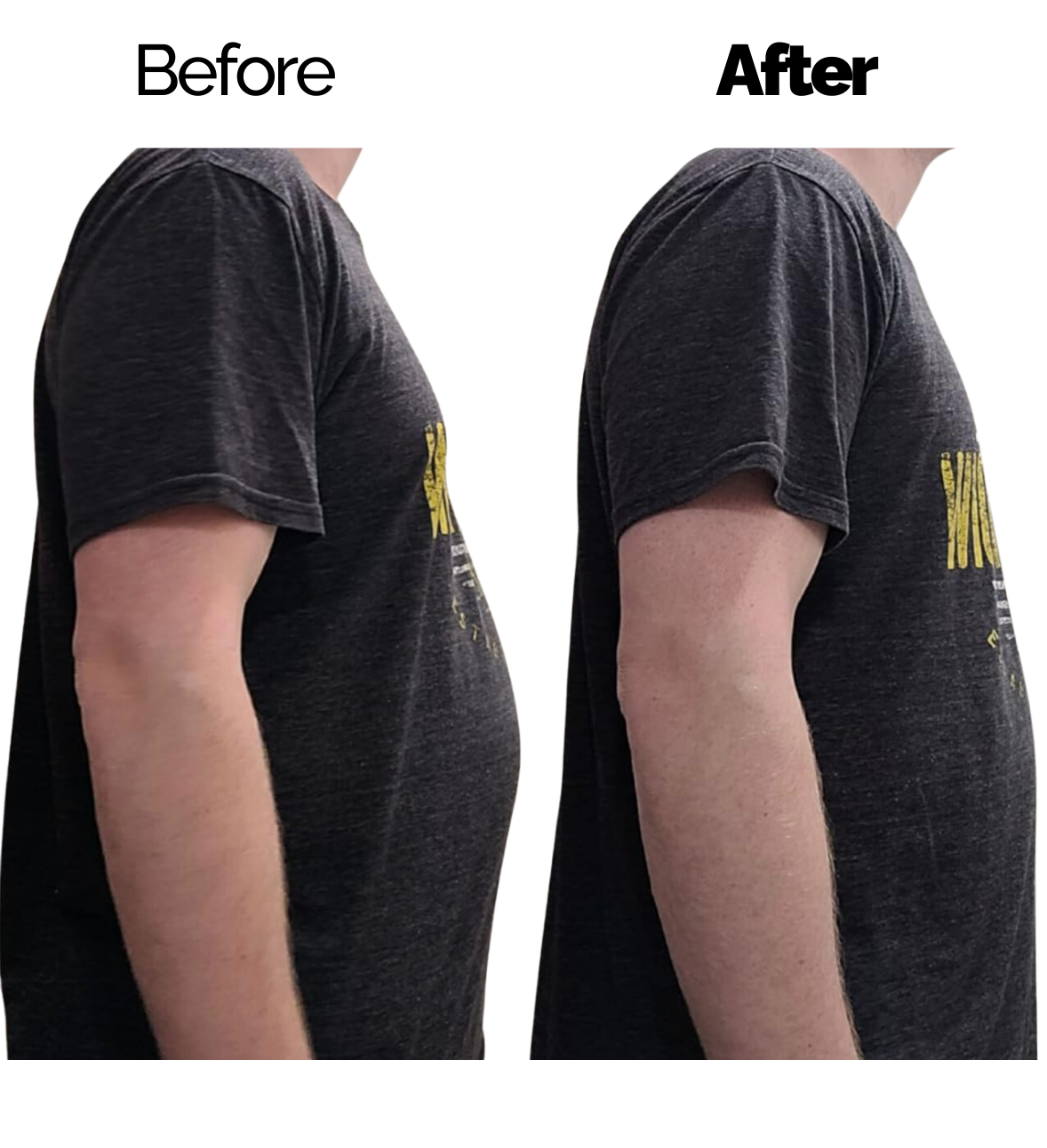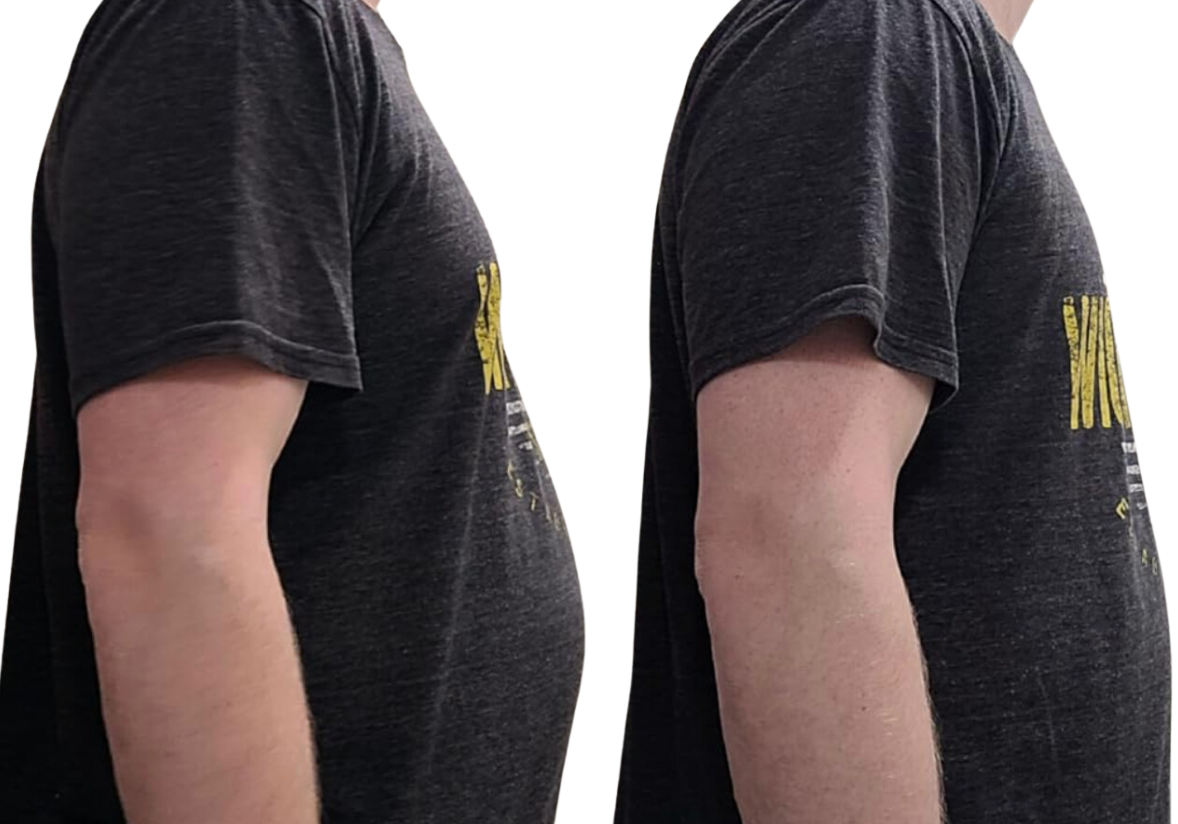Has your chest area grown ? If yes, you might have a condition called gynecomastia. Many people call it "gyno". This medical problem makes male breast tissue bigger, which can be tough for guys to deal with, both and mentally. This post looks at the signs of gyno, what might cause it how it looks when doctors spot it , and ways to treat it. If you're facing this issue, don't worry - there's hope for getting better!
Symptoms of Gynecomastia
Enlarged breast tissue, chest tenderness, and feelings of shame can all suggest gynecomastia. This condition doesn't just cause physical discomfort; it also has an impact on men's emotional health leading to anxiety or low self-esteem that affects their everyday lives.
Causes of Gynecomastia
Gynecomastia, the growth of male breast tissue often results from an imbalance between testosterone, the main male hormone, and estrogen, which both sexes have. Other factors that can lead to this condition include certain drugs illegal substances like steroids or marijuana too much alcohol, radiation treatment - even specific health issues such as kidney disease can cause gynecomastia.
What Does Gynecomastia Look Like?
Gynecomastia has an influence on men in different ways. It can range from a slight increase in breast tissue to painful swollen breasts. Some men experience a lumpy texture or bigger nipples with darker areolas.
Diagnosing Gynecomastia
If gynecomastia concerns you, you should talk to your doctor. They can determine if it's a real problem and run several tests to find out. These tests include looking at your medical history, doing a physical exam, and checking your hormone levels in your blood. Doctors do this to rule out other health issues that might cause similar symptoms.
Treatments for Gynecomastia
While gynecomastia can't be cured, treatments exist to manage it. Some people might choose surgery to remove extra breast tissue. Medicines like tamoxifen and aromatase inhibitors can help control hormone levels in your body, with anti-androgens added if needed. Still, changing your diet and exercise habits stays crucial to keep your hormones in check, which can lessen the symptoms of this medical issue.
Does Gynecomastia Go Away?
Gynecomastia can go away on its own in some cases, without needing treatment. This often happens when hormone imbalances or medicines cause it. , it doesn't always work out this way. If health problems like kidney or liver failure are behind it, gynecomastia might stick around for good and not respond to any treatments.
Does Gyno Come Back?
Treating gynecomastia can work, but it might come back if you don't deal with what caused it in the first place. If hormones played a role in developing the condition, you need to keep them in check to make sure the treatment sticks. Also keep in mind that even after surgery to remove breast tissue, some growth can still happen. So, it's key to listen to your doctor about medicines and lifestyle changes. This will help you stay on top of this upsetting problem.
Teenage Gynecomastia
Puberty causes big changes in the body. It has an impact on hormone levels, which can lead to gynecomastia in teenage boys. If these signs don't go away or get worse, it's important to see a doctor. Sometimes, these issues need more than just time to fix.
Conclusion
If you think your male chest tissue is bigger than normal, you might have gynecomastia. This condition affects about half of all men and can make you feel uncomfortable and . But don't worry - treatments exist to shrink it and help you feel more confident. Watch out for signs like tenderness, pain, or swelling in your chest area. If you notice any of these, book a visit with your doctor. They can give you a proper diagnosis and talk about the best options for you. Don't let gyno stop you from feeling like yourself - get treatment now!


























